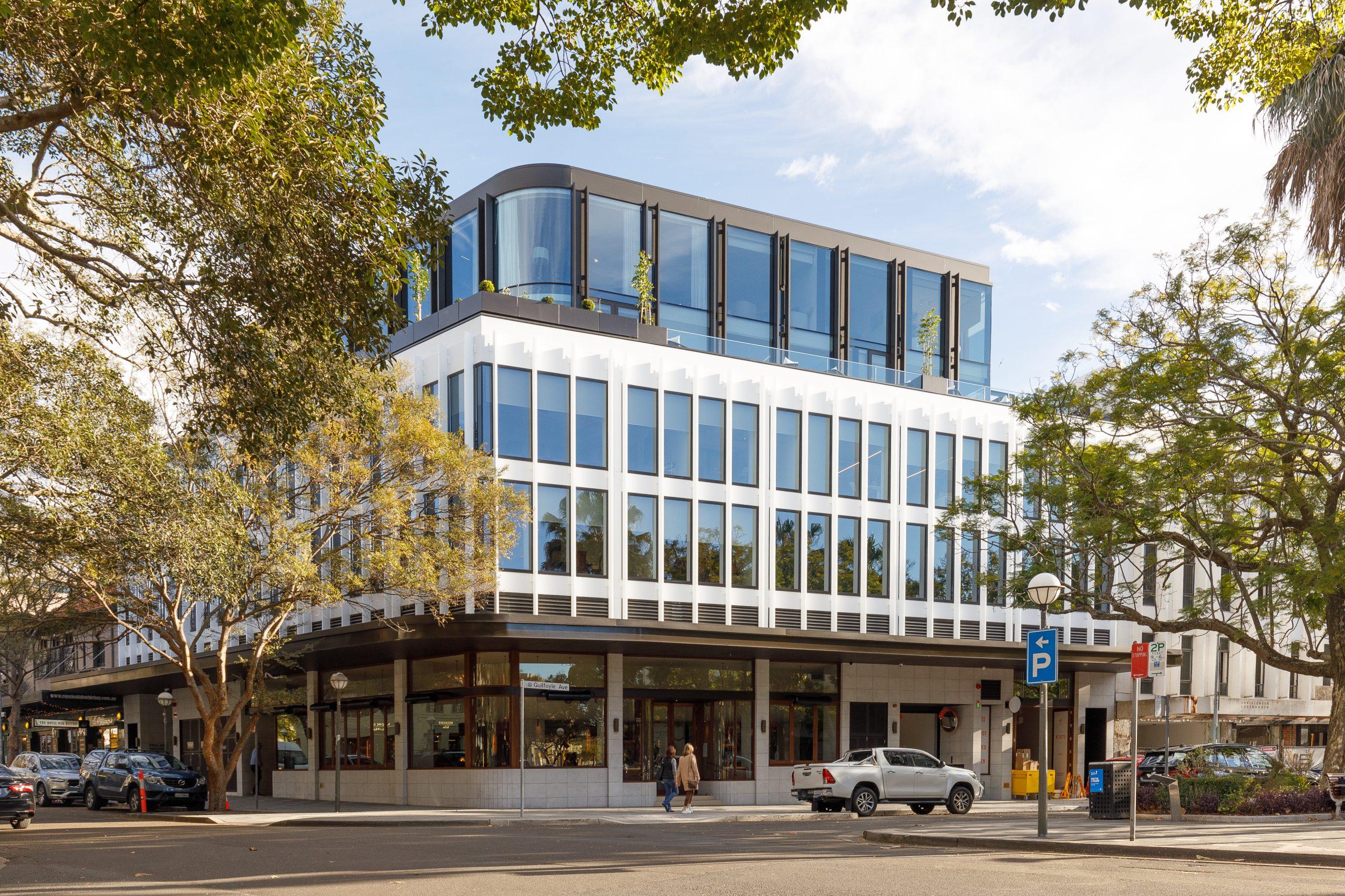
Pallas Capital, one of the fastest growing non-bank lenders in Australia, has seen its market share increase over the last 12 months.
Of Pallas Capital’s funding vehicles, it is Pallas Funding Trust (PFT), which is predominantly funded by Credit Suisse AG, that has been a major beneficiary of recent market shifts. Launched in November 2021, PFT is the fastest growing Pallas Capital funding vehicle having written $250 million of loans to-date. PFT’s access to institutional funding via Credit Suisse AG provides increased stability in the current economic environment when compared to operating with a significant level of high-net-worth investment capital.
Will Farrant, the Head of Securitised Products for APAC at Credit Suisse commented, “PFT represents a new asset class for Credit Suisse in Australia, and we have been very pleased to see the strong but disciplined growth that Pallas have delivered. Passing the A$250m marker is a significant achievement and we look forward to PFT writing many more loans in the future with Credit Suisse funding. To assist this, we are working on ways to expand the scope of the PFT with the Pallas team.”
Steve Lawrence, Executive Director of Lending at Pallas Capital, noted that a number of recent Pallas loans illustrated the growing demand they are currently experiencing:
“In July we refinanced an existing loan in favour of Luxcon Group secured over its waterfront property in Port Melbourne. With funding from PFT and another Pallas vehicle, we increased the overall LVR from 60 percent to 70 percent, giving our borrower additional time to obtain planning consent for its proposed $84 million mixed-use development on the site. This was our third loan to that borrower.
“Similarly, we recently wrote two loans to the Buildtec Group in Adelaide (referred by Capital United), and are reviewing a third loan, taking total funding to about $70 million across three development sites in Adelaide. Once again, we were able to use PFT on a residual stock loan, and another Pallas fund, to produce a 70% LVR at a competitive lending rate. These loans are supporting developments with a total value of circa $100 million.”
Pallas Capital estimates that non-bank lenders now account for 10 percent of the total of the Australian commercial real estate (CRE) loan book and believes the growth in non-bank lenders is driven by fundamental advantages, including speed and certainty of execution as well as commercial flexibility in formulating loan parameters.
Dan Gallen, Chief Investment Officer of Pallas Capital, commented: “We do not expect traditional banks to reclaim CRE loan market share that has been gained by non-bank lenders, but anticipate it is more likely to be reflected in a tighter lending market for CRE borrowers. Softening property prices and slower off-the-plan sales or leasing rates will make cheaper bank funding harder to obtain.
“Interest Cover Ratios (ICRs) are also more demanding as lending rates increase, and the banks typically set ICRs approximately 50 percent higher than non-bank lenders. The impact of rising interest rates on ICRs will be to further reduce the LVR at which banks will lend, and so drive more CRE borrowers towards non-bank lenders.”
As non-bank CRE lending rates continue to increase while loan parameters tighten, Pallas Capital anticipates its PFT funding vehicle will continue its strong trajectory of growth.



